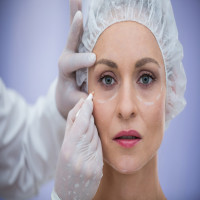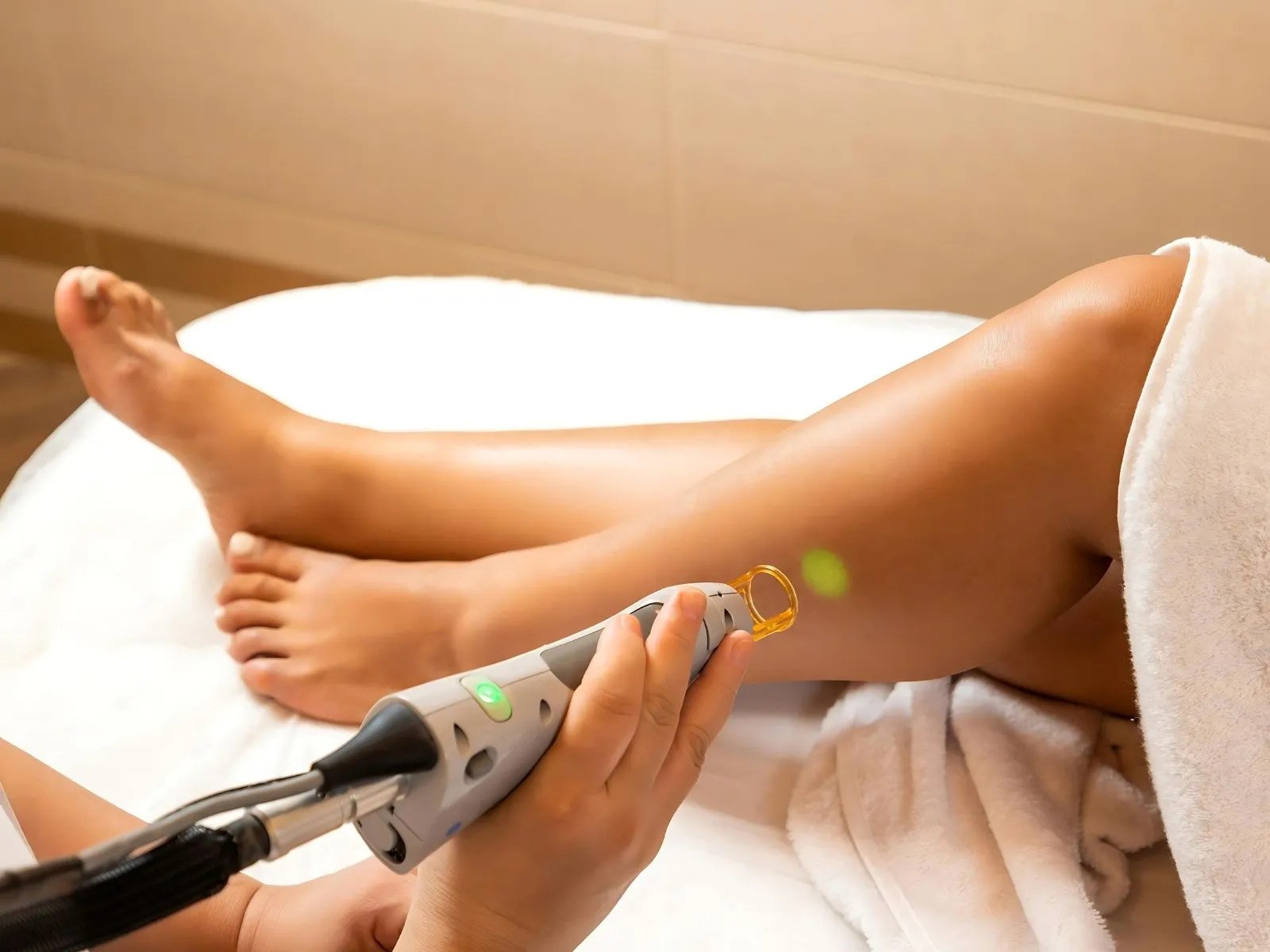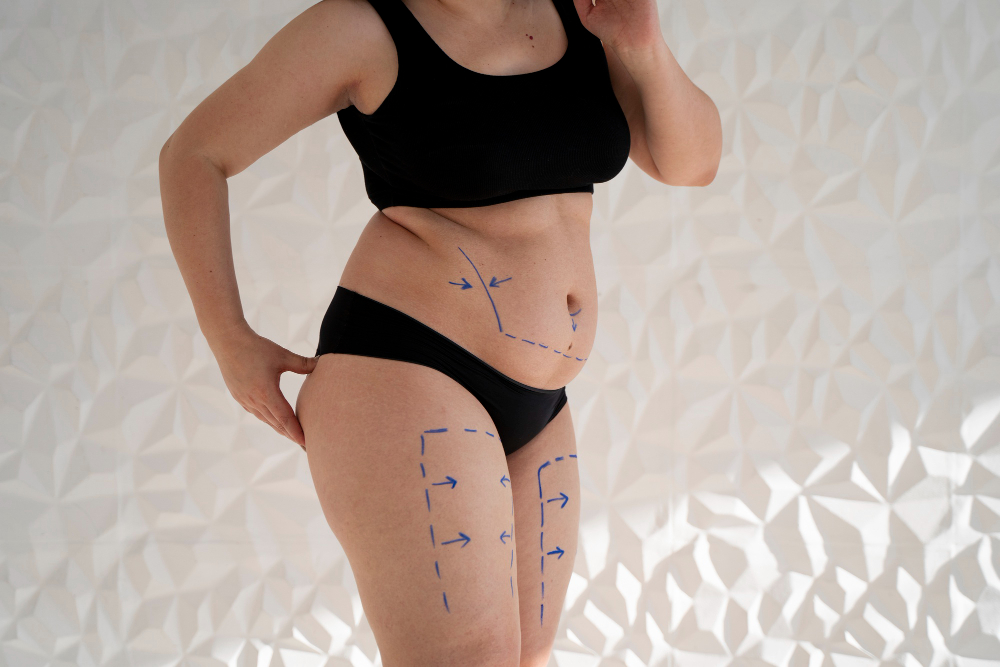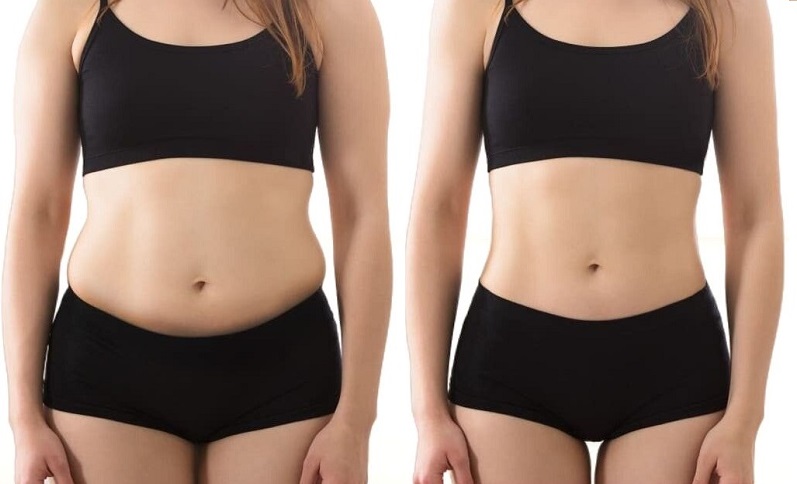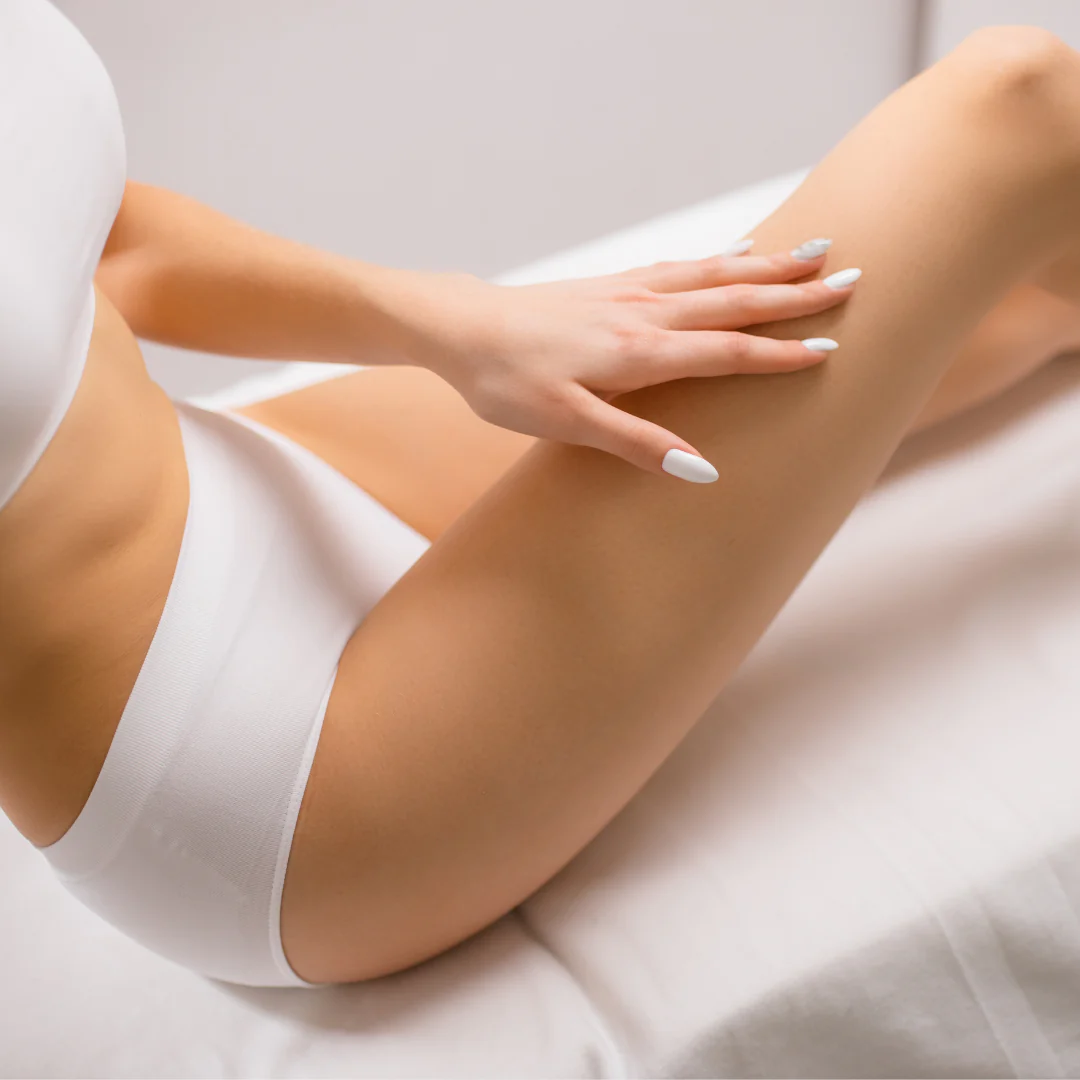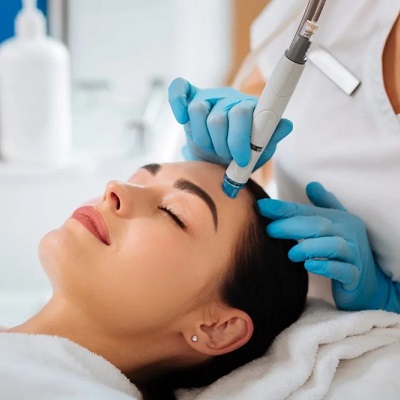From Acne Scars to Aging: What Chemical Peels Can Really Fix
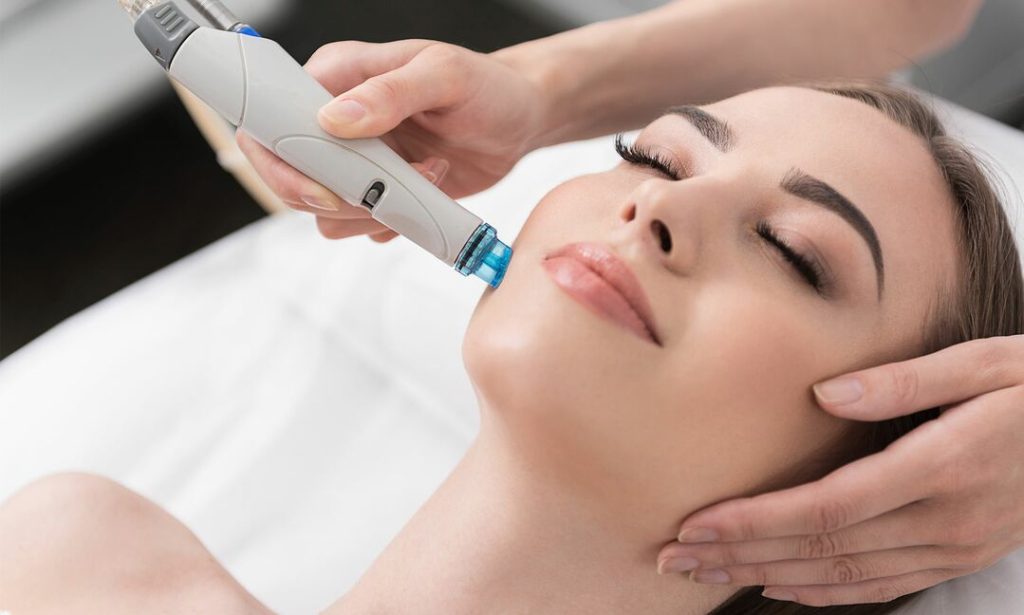
When it comes to achieving smoother, clearer, and more youthful skin, few treatments are as versatile and effective as chemical peels. This non-invasive cosmetic procedure has gained widespread popularity in recent years for its ability to tackle a wide range of skin issues—from acne scars and hyperpigmentation to fine lines, wrinkles, and even sun damage.
If you’ve been wondering whether a chemical peel could be the answer to your skin concerns, this guide will walk you through exactly what chemical peels in Riyadh can really fix—and how they work.
What Are Chemical Peels?
A chemical peel is a skin-resurfacing procedure that involves applying a chemical solution to the skin. This solution exfoliates and eventually causes the top layer of skin to peel off, revealing new, smoother, and more radiant skin underneath.
Peels can be classified into three main categories:
Light peels: Use mild acids like alpha-hydroxy acid (AHA) to treat surface-level issues and refresh the skin.
Medium peels: Use stronger agents like trichloroacetic acid (TCA) to target more significant concerns like moderate scars and wrinkles.
Deep peels: Penetrate several layers of skin and are typically used for severe skin concerns such as deep acne scars or pronounced wrinkles.
1. Acne and Acne Scars
One of the most popular reasons people seek chemical peels is to treat acne and post-acne scarring. Peels help by:
Unclogging pores and reducing breakouts
Exfoliating the skin to fade pigmented acne scars
Stimulating collagen production to improve texture and reduce pitted scars
Salicylic acid and glycolic acid are especially effective in managing oily, acne-prone skin.
2. Fine Lines and Wrinkles
As we age, our skin loses collagen and elastin, leading to wrinkles and sagging. Chemical peels encourage skin regeneration, which:
Softens fine lines around the eyes and mouth
Improves skin texture and elasticity
Promotes smoother, firmer skin over time
While light peels are great for early signs of aging, medium and deep peels offer more dramatic results for deeper wrinkles.
3. Hyperpigmentation and Dark Spots
Chemical peels are highly effective at fading sunspots, melasma, and post-inflammatory hyperpigmentation. The exfoliation process helps:
Break down excess melanin
Speed up cell turnover
Even out skin tone
AHAs like lactic acid and mandelic acid are gentle yet effective options for those dealing with uneven pigmentation, especially on darker skin tones.
4. Sun Damage
Long-term sun exposure can lead to premature aging, dark patches, and rough skin texture. Chemical peels help reverse these effects by:
Removing sun-damaged cells
Stimulating new cell growth
Brightening the skin’s overall appearance
Medium-depth peels are often used to treat photoaging and sun-related skin damage more thoroughly.
5. Enlarged Pores and Rough Texture
Excess oil, dead skin buildup, and loss of elasticity can all contribute to large, visible pores and uneven skin texture. Chemical peels minimize pores by:
Clearing out clogged pores
Tightening the skin
Encouraging collagen synthesis for smoother skin
With regular treatments, many users report refined skin texture and a “blurred” effect on pores.
6. Dull, Tired-Looking Skin
Sometimes, your skin just needs a reboot. Chemical peels can:
Boost radiance and glow
Improve blood circulation
Eliminate surface dullness caused by buildup of dead cells
Even a mild peel can leave your skin looking instantly fresher and more vibrant.
What to Expect During and After a Peel
A typical chemical peel session involves cleansing the skin, applying the chemical solution, and neutralizing it after a few minutes. You may experience tingling, redness, or light peeling in the days that follow.
Recovery time depends on the depth of the peel:
Light peels: Little to no downtime; mild flaking
Medium peels: Redness, swelling, and peeling over 5–7 days
Deep peels: Significant recovery with crusting and downtime up to two weeks
It’s crucial to follow post-treatment care: wear sunscreen, avoid harsh skincare products, and hydrate the skin well.
Are Chemical Peels Right for You?
Chemical peels are generally safe for most skin types but may not be suitable for:
Pregnant women
Those with active skin infections or severe eczema
Individuals using certain medications (like Accutane)
A consultation with a licensed dermatologist or cosmetic professional can help determine the right type of peel for your skin needs.
Final Thoughts
From minimizing acne scars to reversing signs of aging, chemical peels are a powerhouse treatment for improving the appearance and health of your skin. When performed correctly and tailored to your skin type, they can offer visible, lasting results—helping you achieve the glowing, blemish-free skin you’ve always wanted.
So, if you're ready to give your skin a fresh start, chemical peels might just be the solution you’ve been looking for.
Note: IndiBlogHub features both user-submitted and editorial content. We do not verify third-party contributions. Read our Disclaimer and Privacy Policyfor details.

